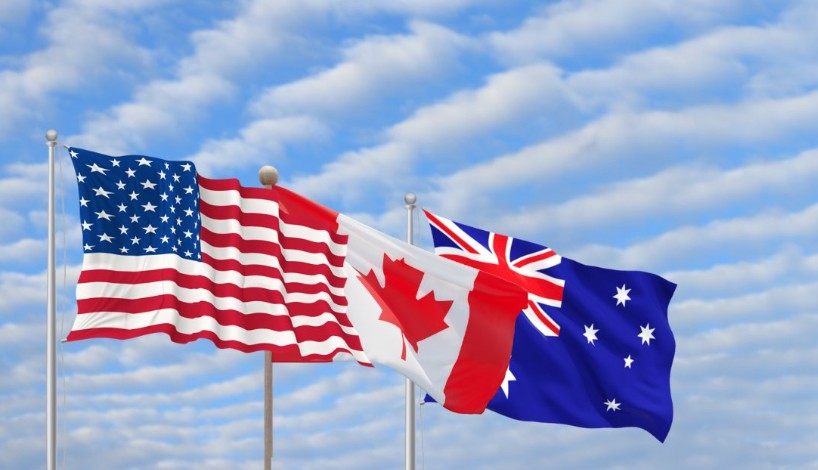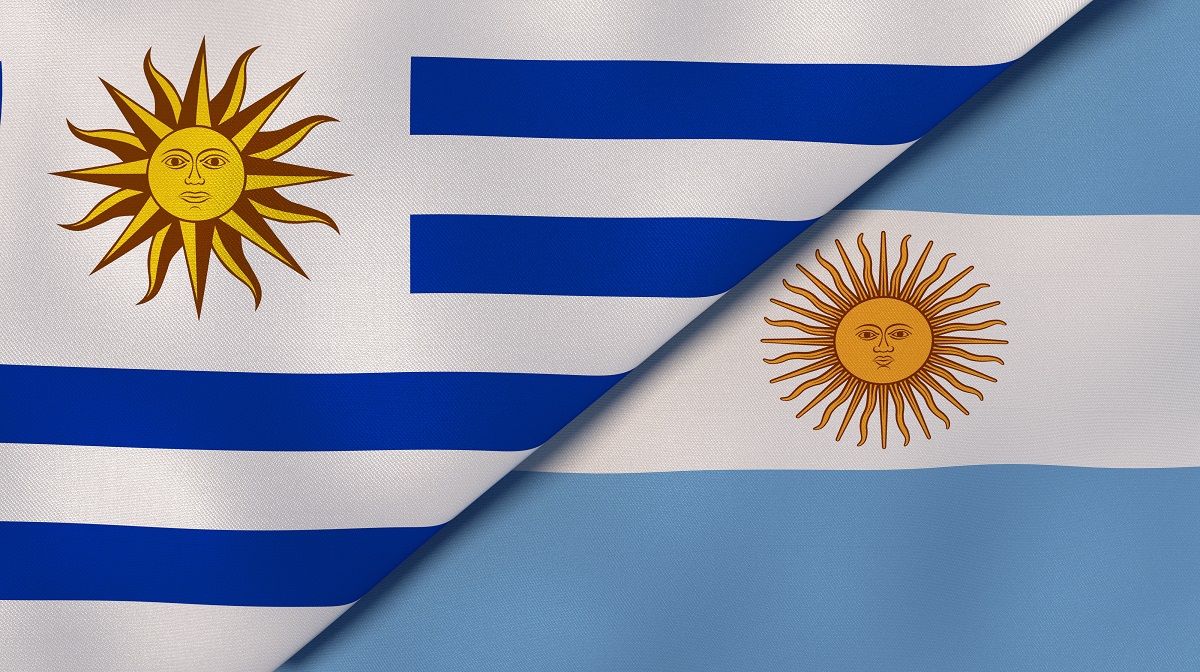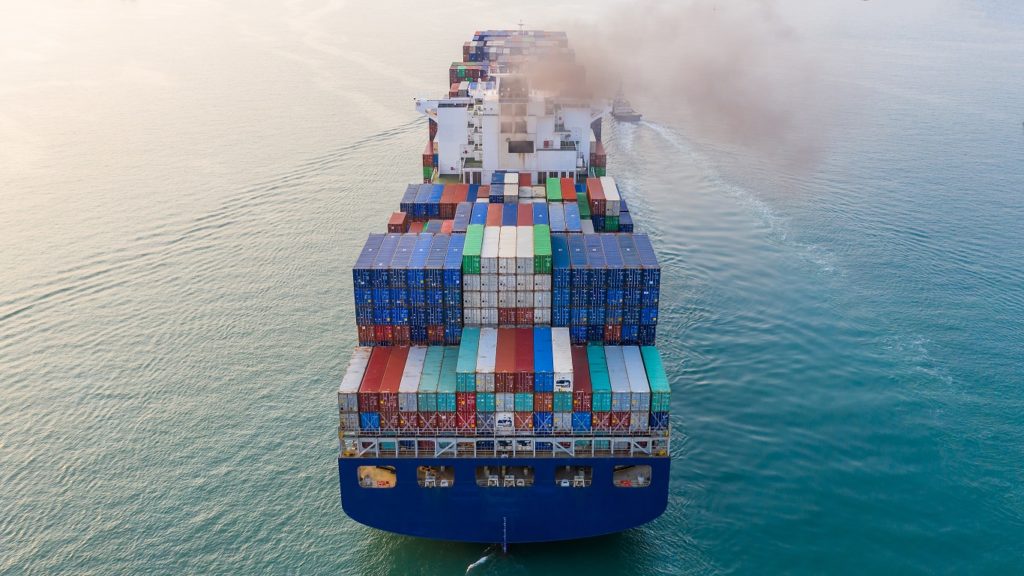
Visa exemptions for certain nationalities rei...
read more

Last week, President Jair Bolsonaro issued Decree 10,786, published in the Official Gazette of 8 September 2021, making public that Brazil will not renew the validity of the maritime transport agreements with its neighbours Uruguay (signed in 1975) and Argentina (celebrated in 1985). The decision was taken in December 2020 and conveyed to the respective countries last February.
Under the agreements to expiry, cargoes moved between ports of signatory countries should preferably be bilaterally carried on vessels flying their flags, except when such vessels are not available.
The move seeks to encourage the entry of foreign shipping companies and increase competitiveness in the sector. Roughly, half of the cargo trade with Argentina and Uruguay is carried by sea. The government affirms that the agreements create a market reserve and impose barriers to trade flow and free competition, limiting the ability of users to choose their service providers.
Another reason for ending the agreements is to adjust the country’s legal framework to an unrestricted opening of deep-sea trade in line with the principles of the Organisation for Economic Co-operation and Development (OECD) and, with that, help Brazil earn a spot in this organisation, as coveted by the current federal administration.

In general, the presidential decree was praised among cargo interests, notably those represented by the Brazilian National Confederation of Industry (CNI), who see it as a stimulus for open competition between shipping companies, resulting in cheaper freight rates for the benefit of users. On the other hand, the Brazilian Association of Cabotage Shipowners (ABAC) criticised the measure for believing that the cargo currently transported by Brazilian shipowners will be handled by foreign companies that do not generate jobs nor collect taxes and duties in the country, and often rely on open registry vessels with lower operating costs.
The termination of the bilateral agreements will take effect from 7 October 2021 for Uruguay and 5 February 2022 for Argentina.
Please read our disclaimer.
Rua Barão de Cotegipe, 443 - Sala 610 - 96200-290 - Rio Grande/RS - Brazil
Telephone +55 53 3233 1500
proinde.riogrande@proinde.com.br
Rua Itororó, 3 - 3rd floor
11010-071 - Santos, SP - Brazil
Telephone +55 13 4009 9550
proinde@proinde.com.br
Av. Rio Branco, 45 - sala 2402
20090-003 - Rio de Janeiro, RJ - Brazil
Telephone +55 21 2253 6145
proinde.rio@proinde.com.br
Rua Professor Elpidio Pimentel, 320 sala 401 - 29065-060 – Vitoria, ES – Brazil
Telephone: +55 27 3337 1178
proinde.vitoria@proinde.com.br
Rua Miguel Calmon, 19 - sala 702 - 40015-010 – Salvador, BA – Brazil
Telephone: +55 71 3242 3384
proinde.salvador@proinde.com.br
Av. Visconde de Jequitinhonha, 209 - sala 402 - 51021-190 - Recife, PE - Brazil
Telephone +55 81 3328 6414
proinde.recife@proinde.com.br
Rua Osvaldo Cruz, 01, Sala 1408
60125-150 – Fortaleza-CE – Brazil
Telephone +55 85 3099 4068
proinde.fortaleza@proinde.com.br
Tv. Joaquim Furtado, Quadra 314, Lote 01, Sala 206 - 68447-000 – Barcarena, PA – Brazil
Telephone +55 91 99393 4252
proinde.belem@proinde.com.br
Av. Dr. Theomario Pinto da Costa, 811 - sala 204 - 69050-055 - Manaus, AM - Brazil
Telephone +55 92 3307-0653
proinde.manaus@proinde.com.br
Rua dos Azulões, Sala 111 - Edifício Office Tower - 65075-060 - São Luis, MA - Brazil
Telephone +55 98 99101-2939
proinde.belem@proinde.com.br